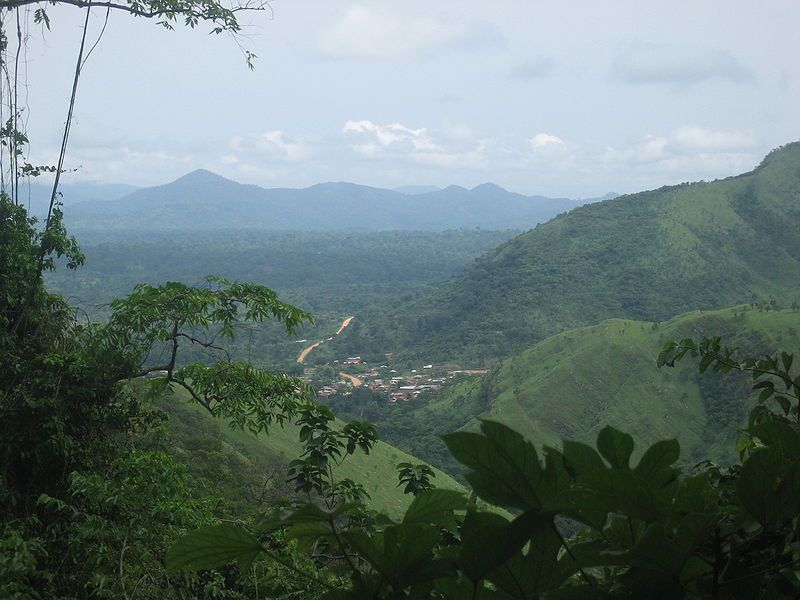World Bank approves Ghana’s Forest Investment Programme
The World Bank has approved Ghana’s Forest Investment Programme which will lead to a $50 million investment from the climate funds to reduce greenhouse gas emissions. A statement issued by the Ministry of Lands and Natural Resources (MLNR) in Ghana said the facility would implement projects with the aim of reducing pressure on the natural forest through integrated landscape approach.

The World Bank has approved Ghana’s Forest Investment Programme which will lead to a $50 million investment from the climate funds to reduce greenhouse gas emissions.
A statement issued by the Ministry of Lands and Natural Resources (MLNR) in Ghana said the facility would implement projects with the aim of reducing pressure on the natural forest through integrated landscape approach.
The Climate Investment fund will facilitate government’s efforts to effectively engage local communities in reducing emissions from deforestation and forest degraded (REDD+), enhance carbon stocks as well as enlist the active involvement of the private sector in reducing the aforementioned emissions.
Endorsement for Ghana’s Programme Investment Programme was given at the just-ended Climate Investment Funds 2012 Partnership Forum in Istanbul, Turkey, where similar packages were approved for two countries namely Burkina Faso and Indonesia.
Musa Abu Juam, Technical Director for Forestry at the Ministry, who represented Ghana at the meeting, made the revelation during an interaction with the media.
Imbalances in domestic timber demand and supply, rapid extension of cocoa farms, especially the shift from shaded to open cocoa farming as well as poor inter-sectoral co-ordination to address cross-sectoral issues are some of the challenges confronting the implementation of REDD+ programmes in Ghana.





